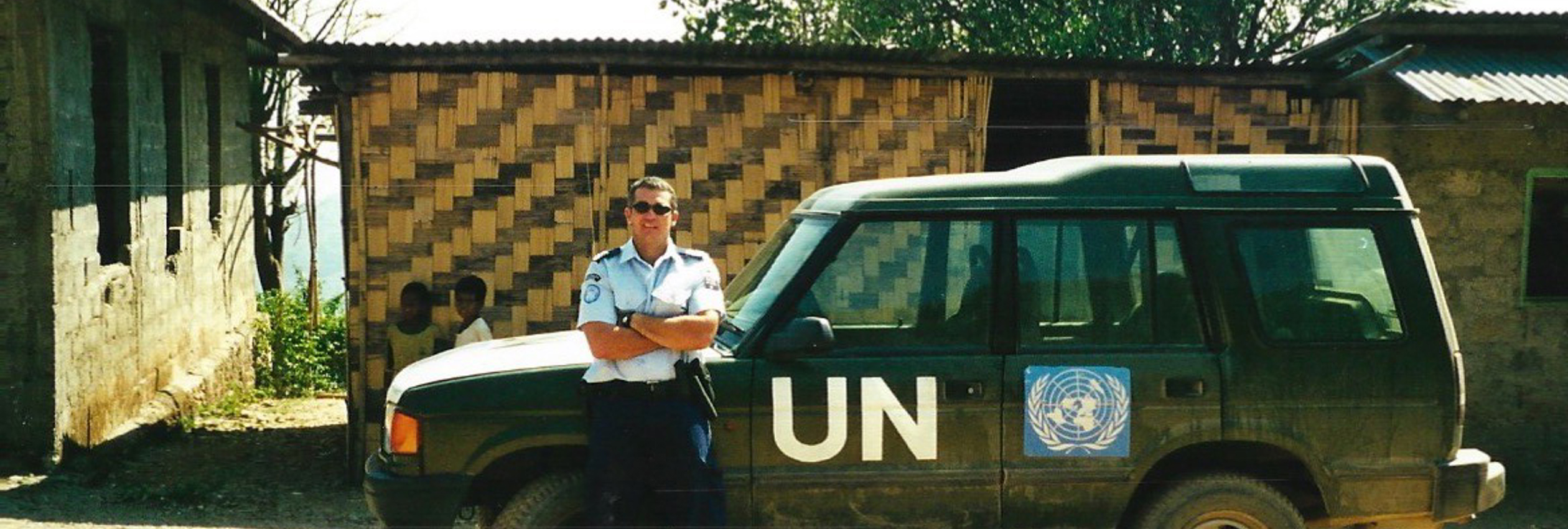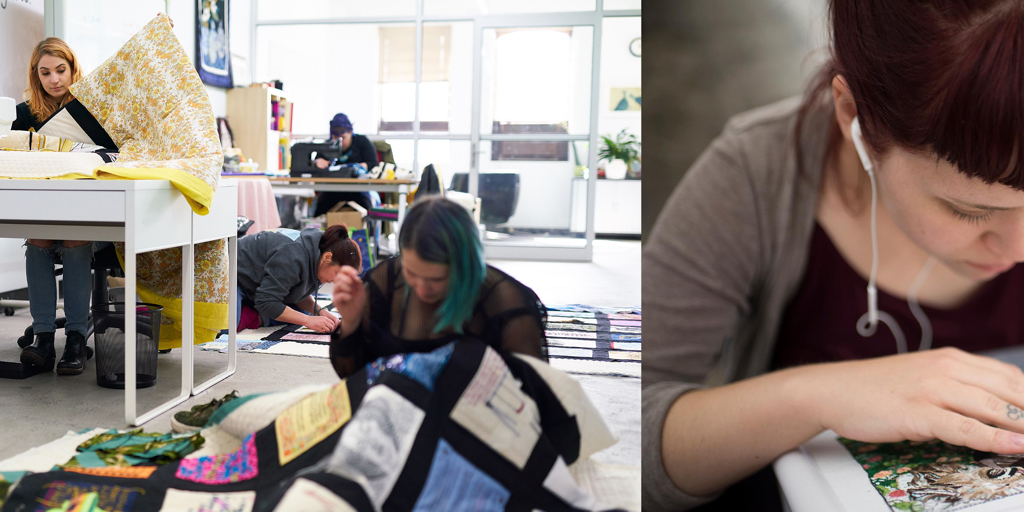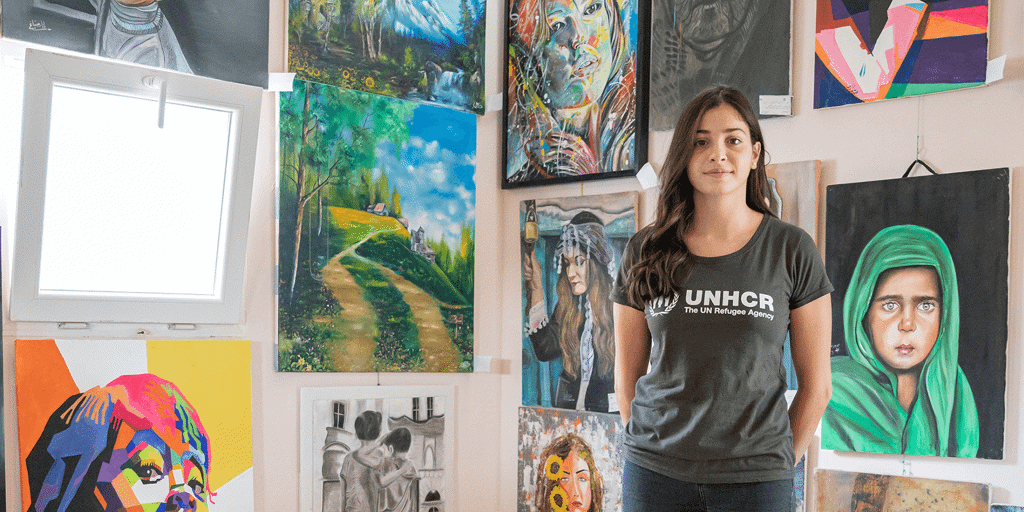What situations affecting refugees or displaced people concern you most right now?
I’m particularly concerned about the floods in West Africa at this point in time, which have required UNHCR to establish refugee villages to aid in the recovery. The other conflict is the confronting war happening in Ukraine.
Again, a lot of these people are just the innocent victims of conflict. There doesn’t seem to be any resolution in sight – millions of people have been left homeless, and lots of children have been displaced.
Why did you choose to leave a gift in your Will?
I think seeing the devastation first-hand throughout my career opened my eyes to what's actually going on in the world. It gave me a sense of compassion and concern. I contributed as much as I could in my career, but I'm no longer a peacekeeper, so I wanted to find another way to keep supporting UNHCR. I still have a sense of care, I've seen the work that UNHCR does, and I feel that leaving a gift in my Will is just the right thing to do.
What would you say to someone considering leaving a gift in their Will?
I've been exposed throughout my life to lots and lots of adversity, and seen a lot of conflict. There are many charities in the world that need help, but I believe the work that UNHCR does is extremely significant and important – it’s invaluable.
In a lot of conflicts or disasters, there's nobody to help but UNHCR, and there'd be many, many lives lost if it wasn't for the work they do. I feel that it’s the best option in terms of making a donation. I've seen the efforts they go to and know they certainly make a difference. A massive percentage of the donations goes to those in need.
How do you want to be remembered? One of the most inspiring ways to ensure your values live on is to leave a gift in your Will, like Andrew.
For more information about leaving a gift in your Will, please contact our Planned Giving Manager, Aylin Salt, on (02) 9276 6871 or [email protected]
Leave a gift in your Will

















 Australia
Australia




